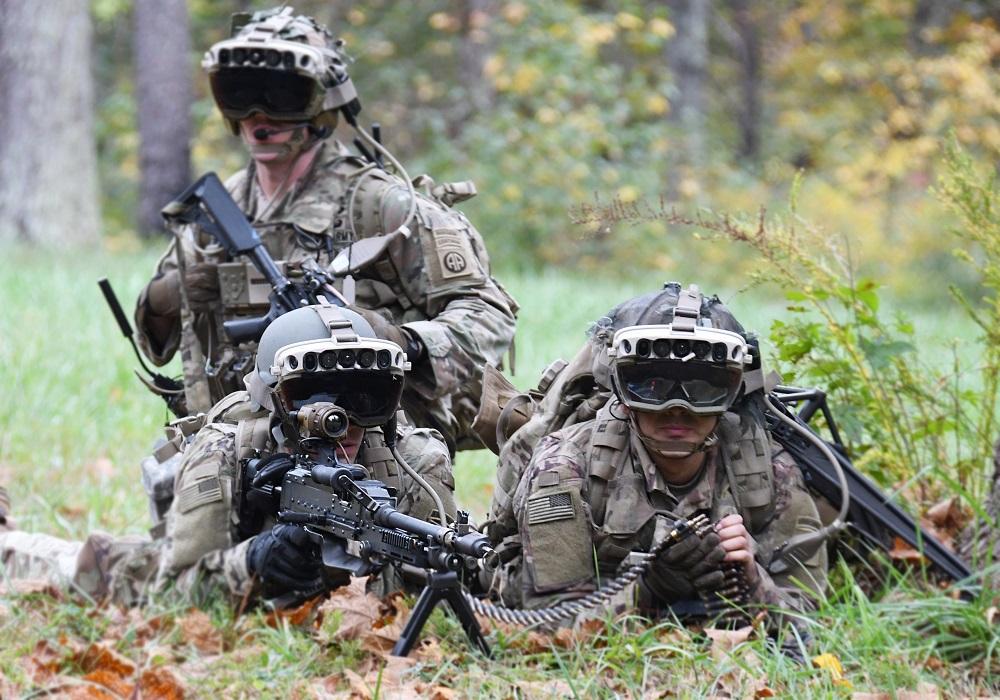Sea state
US lawmakers are urging officials to begin training Australian personnel to support the Royal Australian Navy’s acquisition of nuclear submarines under AUKUS. This push for increased training follows Defence Minister Richard Marles’s announcement that the government would create employment pathways to help build, sustain and crew the submarines. In addition, the UK announced in August that Australian officers would begin training on British submarines. The early development of training schemes across all three AUKUS partners will help provide the skills essential to the success of the submarine project.
The US Navy has announced that it will use military exercises more frequently to better understand the impacts of climate change on force effectiveness. The navy published its climate action strategy in May, following President Joe Biden’s 2021 executive order to tackle the climate crisis at home and abroad. By studying the multifaceted detrimental effects of climate change, like rising sea levels, on its operations, the navy will be better prepared to cope with the fallout.
Flight path
Australia has unveiled its first MQ-4C Triton remotely piloted aircraft system as part of a partnership between the Department of Defence, the US Navy and Northrop Grumman. The drones will provide sustained operations at long ranges and complement the Royal Australian Air Force’s crewed P-8A Poseidon in a range of intelligence, surveillance and reconnaissance tasks. Three MQ-4C Tritons are on order so far, with the first expected to be delivered in 2024. A decision on whether to purchase four additional aircraft will be informed by the upcoming defence strategic review.
The US Marines Corps practised the ‘expeditionary advanced base operations’ in the northern Australia prior to their participation in Exercise Pitch Black. Marine Air Group 12 deployed 12 F-35B fighter jets usually based in Japan to RAAF Base Tindal, which was used as the headquarters for the operation, while the RAAF’s bare base in Curtin in Western Australia—almost 1,000 kilometres away—was used as the forward-deployed base. This training prepares the marines for mobile, easily sustainable deployments to austere, temporary locations, and should help increase the range of scenarios RAAF bare bases are prepared for.
Rapid fire
The US Army is rolling out new combat goggles with an integrated visual augmentation system, or IVAS, to its soldiers in a 10-year investment estimated to cost US$21.8 billion ($32.9 billion). IVASs will provide hologram projections over soldiers’ fields of view and allow them to visualise critical data including maps and enemy and ally positions. They are also capable of picking up feeds from local devices, enabling them to ‘see’ through the inside of vehicles. The army’s move into the so-called metaverse with IVAS technology could be revolutionary for infantry battlefield operations.
Slovenia has scrapped its €343.4 million ($509 million) deal to acquire 45 Boxer combat reconnaissance vehicles following an internal audit deeming the vehicles’ off-the-shelf capabilities insufficient for the nation’s needs. Meanwhile, the Australian Defence Force plans to replace its ASLAVS (Australian Light Armoured Vehicles) with Boxers. Twenty-five of the 211 on order have already been delivered and amphibious testing has begun, but technical issues have delayed the remainder.
Final frontier
Japan and Germany last week threw their support behind a US-led initiative to impose a moratorium on tests of anti-satellite weapons. The use of anti-satellite missiles can create clouds of debris in low-earth orbit that pose a danger to all countries’ satellites and space missions. Canada and New Zealand had already provided public support for the initiative, and the US is now signalling that it will push for a wider moratorium on such tests in the United Nations.
Australian company Gilmour Space Technologies recently announced that it plans to conduct ‘rideshare’ launches starting in 2024. The first mission, christened Caravan-1, will carry into orbit many small payloads from multiple different customers simultaneously, providing an affordable launch service for smaller spacecraft. While such launches have been offered by larger players in the space industry, such as the European Space Agency and SpaceX, Caravan-1 will be Australia’s first rideshare launch in another sign of the growing maturity of Australia’s space industry.
Wired watchtower
Australian policing agencies have repeatedly violated the law by accessing, retaining and using private electronic data without legal authority, according to an annual report by the Commonwealth Ombudsman on agencies’ data-access compliance. The ombudsman has rebuked all 19 agencies examined for failing to abide by the Telecommunications (Interception and Access) Act 1979. Attorney-General Mark Dreyfus says he is concerned by the findings and that there should be consequences for non-compliance with the act.
Procurement documents published on a Chinese government website revealed a deal signed last month between Tibetan police and US company Thermo Fisher for around US$160,000 ($241,000) worth of DNA kits and replacement parts for DNA sequencers. A report released by Human Rights Watch has brought to light new evidence of mass DNA collection in the Tibetan Autonomous Region. After receiving criticism for signing the deal, Thermo Fisher said it would review the flagged transactions.


